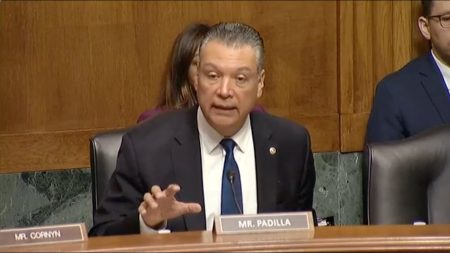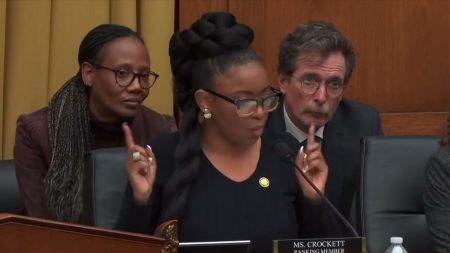Message to the Future: Legislative Policy, Public Education and Environmental Quality

Photo: Urban News
From Nelda Holder
As a journalist covering state government in 2015, I am alarmed by current legislative policy changes that stand to profoundly, and negatively, affect future generations in two specific areas: public education and environmental quality.
Recent declines in funding and support stand to degrade a history that includes the first public university in the country (UNC at Chapel Hill, first graduating class in 1798) and the recent half-century of leadership towards an exemplary public school system.
Gov. Terry Sanford (Democrat) led the state’s racial integration of public schools during turbulent political times in the early 1960s, while basically doubling public education expenditures. Gov. James Holshouser Jr. (Republican) was a 1970s champion of both education and state parks improvements.
Gov. James Martin (Republican) led unusually high public education funding increases in the 1980s. Gov. Jim Hunt (Democrat), 1977-1985 and 1993-2001, was nationally recognized for educational leadership in early childhood education and teacher preparation improvement.
But currently we see a vast, legislatively driven drain on education resources. Private vouchers relegate public school money to private schools that lack many of the public system’s required standards; a large but minimally supervised expansion of charter schools directs more public funds away, often to for-profit corporations; funding cuts for program areas and staff further deplete the public school system.
Our per-student investment (adjusted for inflation) has dropped from an average of $5,900 in 2008 to $5,085; investment in textbooks per student has gone from $76.09 to $15.96. Teacher pay ranking in national comparisons has dropped from 25th to 42nd.
Environmentally blessed with a 500-mile coast-to-mountains tract of natural treasures, North Carolina acted early to establish its first state park (Mr. Mitchell) in 1915 and the Great Smoky Mountains National Park in the 1920s.
The state was at the forefront of environmental protection in establishing the first state agency for wildlife conservation (1937) and first soil conservation district in the country (Brown Creek watershed, 1937). It has been a leader in air-quality control as well as wetland and stream protection. But environmental regulations are currently being rolled back, while new policies impede such initiatives as coastal planning for effects of global warming.
As a native, I hope my state returns to its progressive roots in education and environmental awareness. May the future witnesses opening this time capsule have reason to be grateful for bold leadership that accomplishes this purpose.





